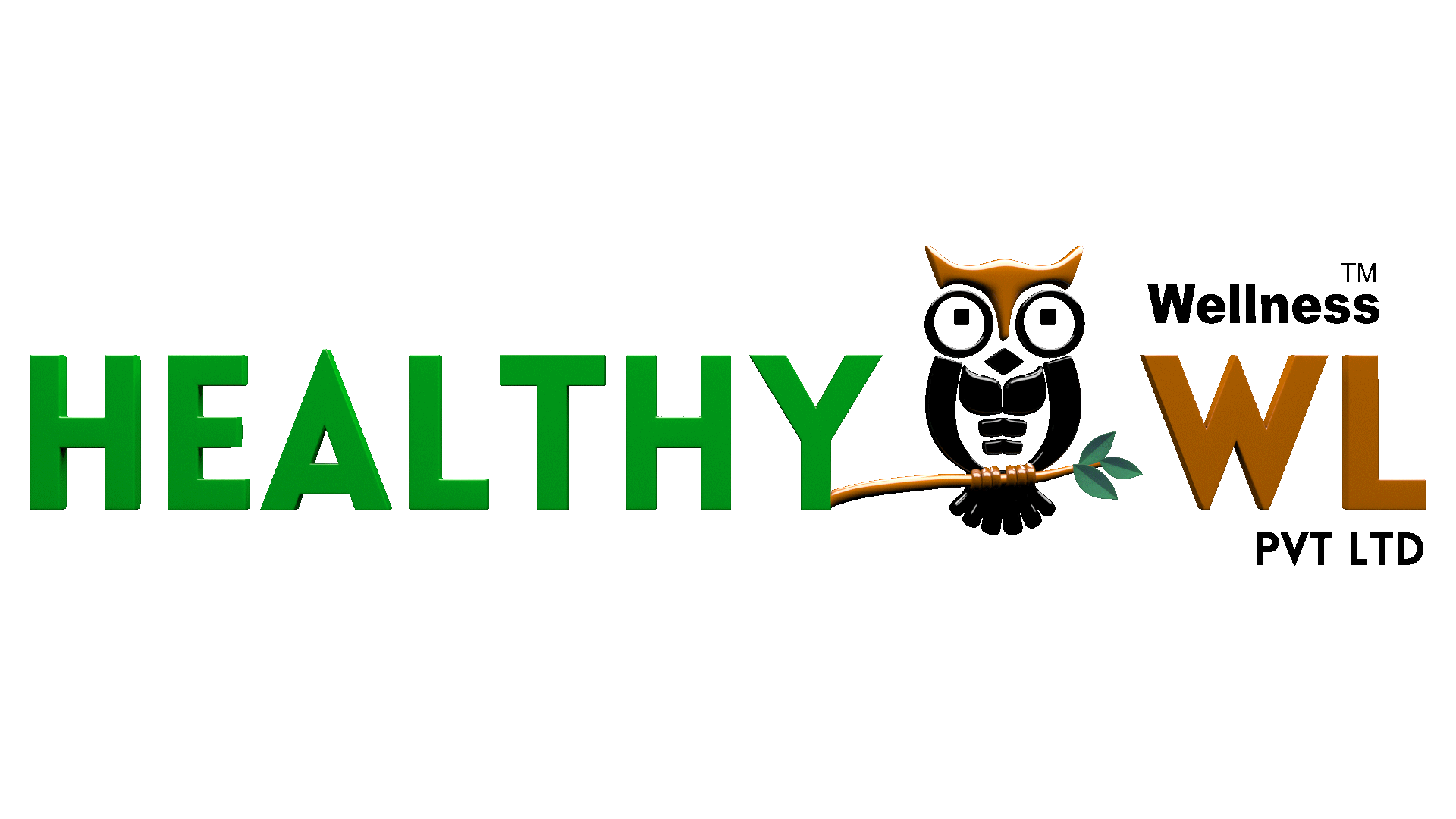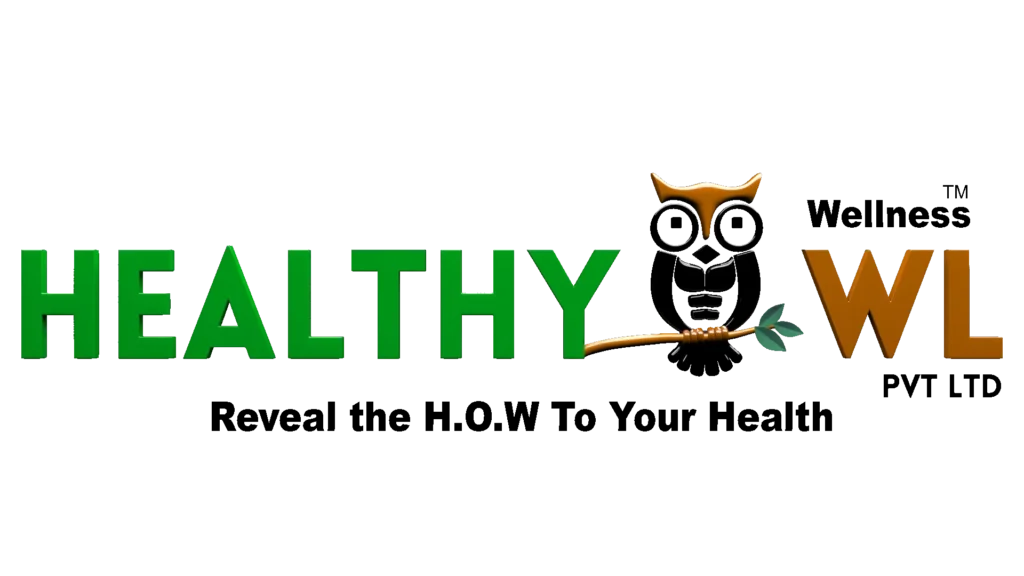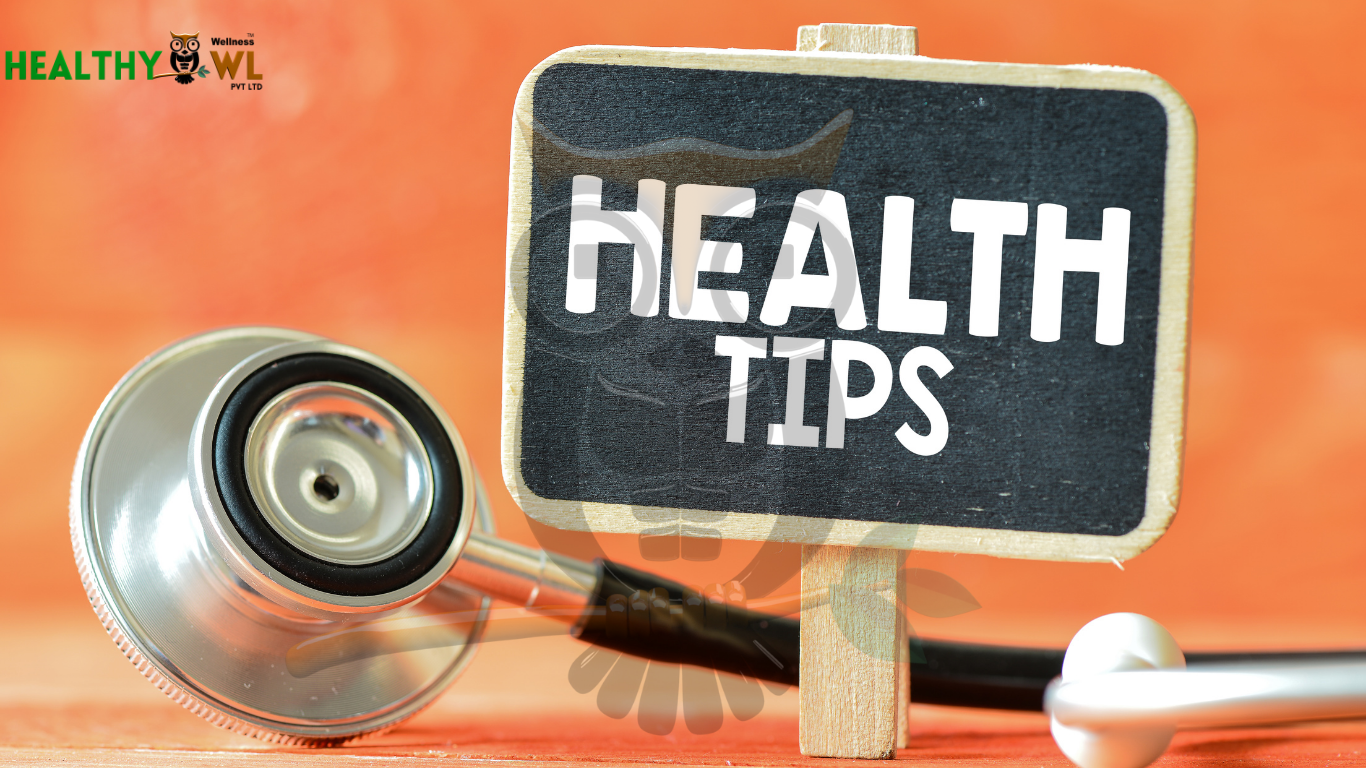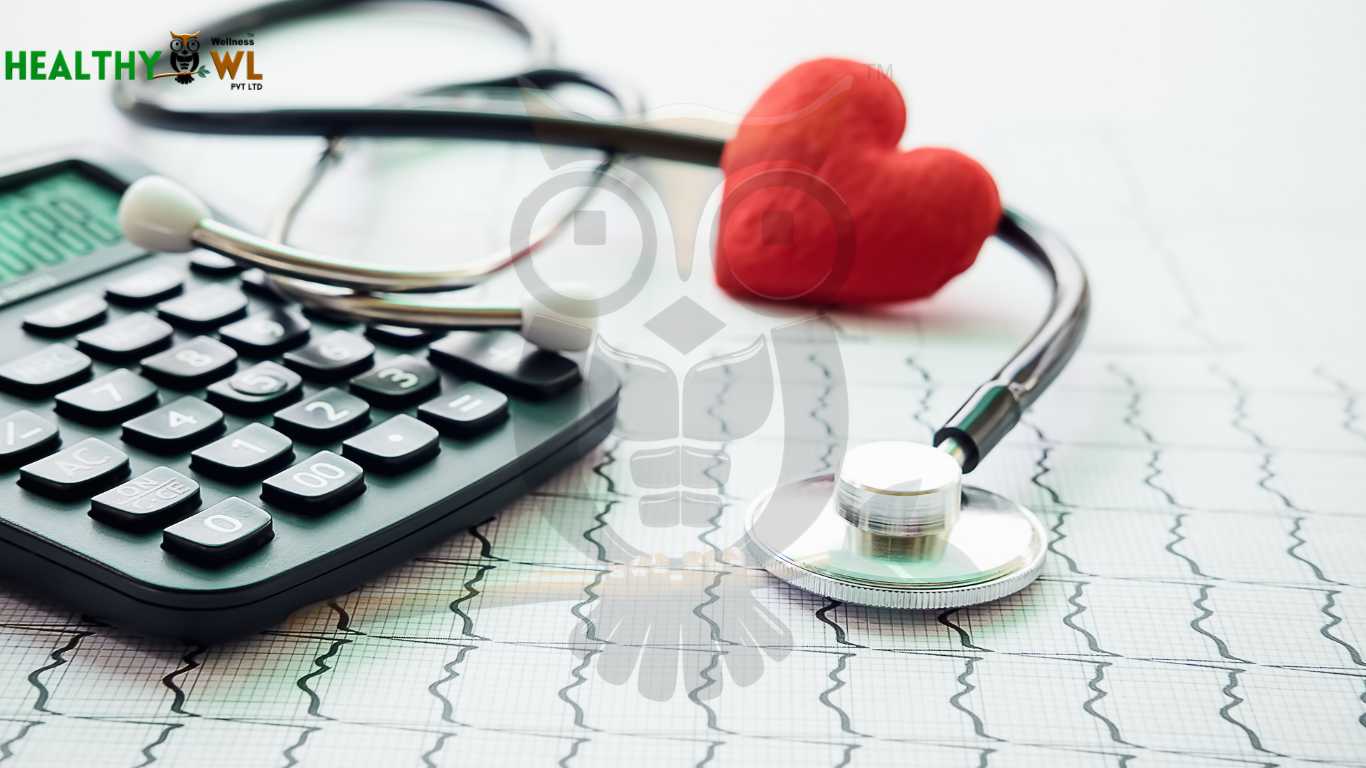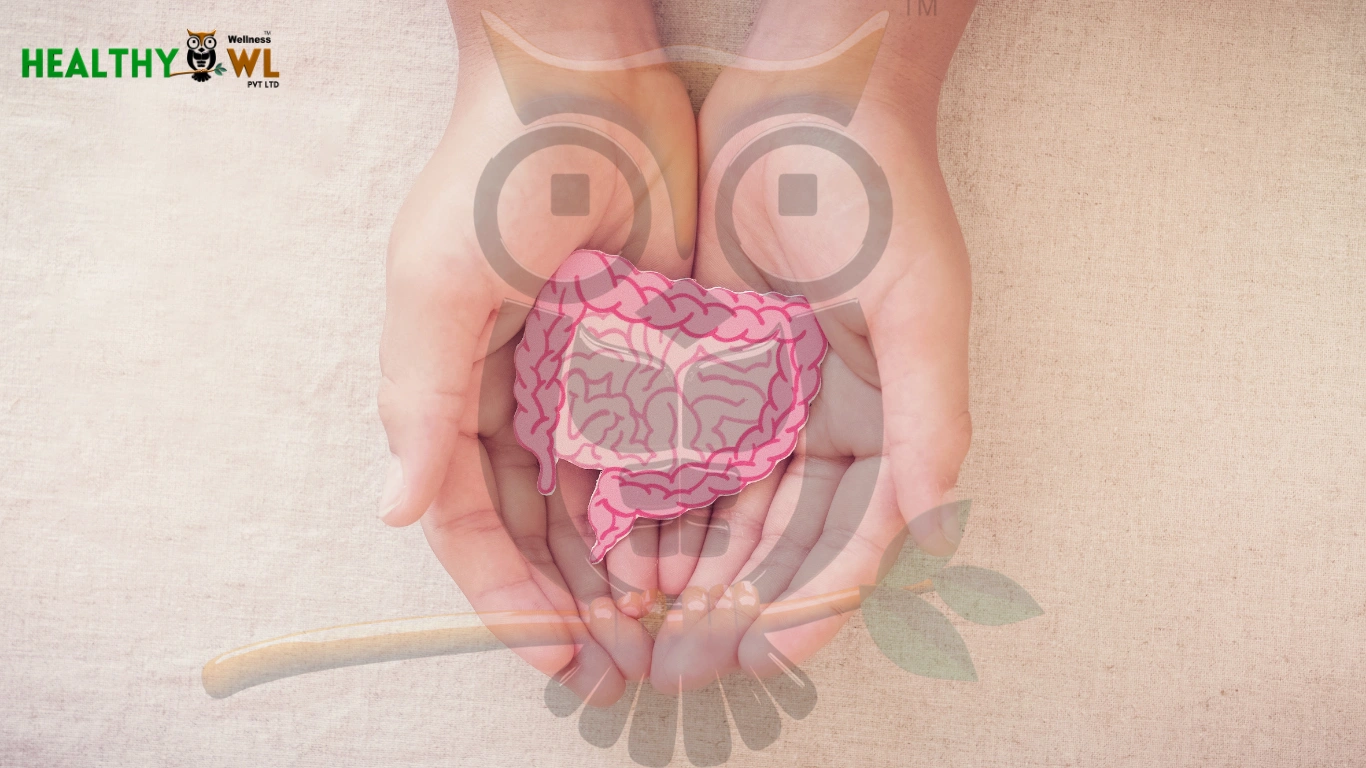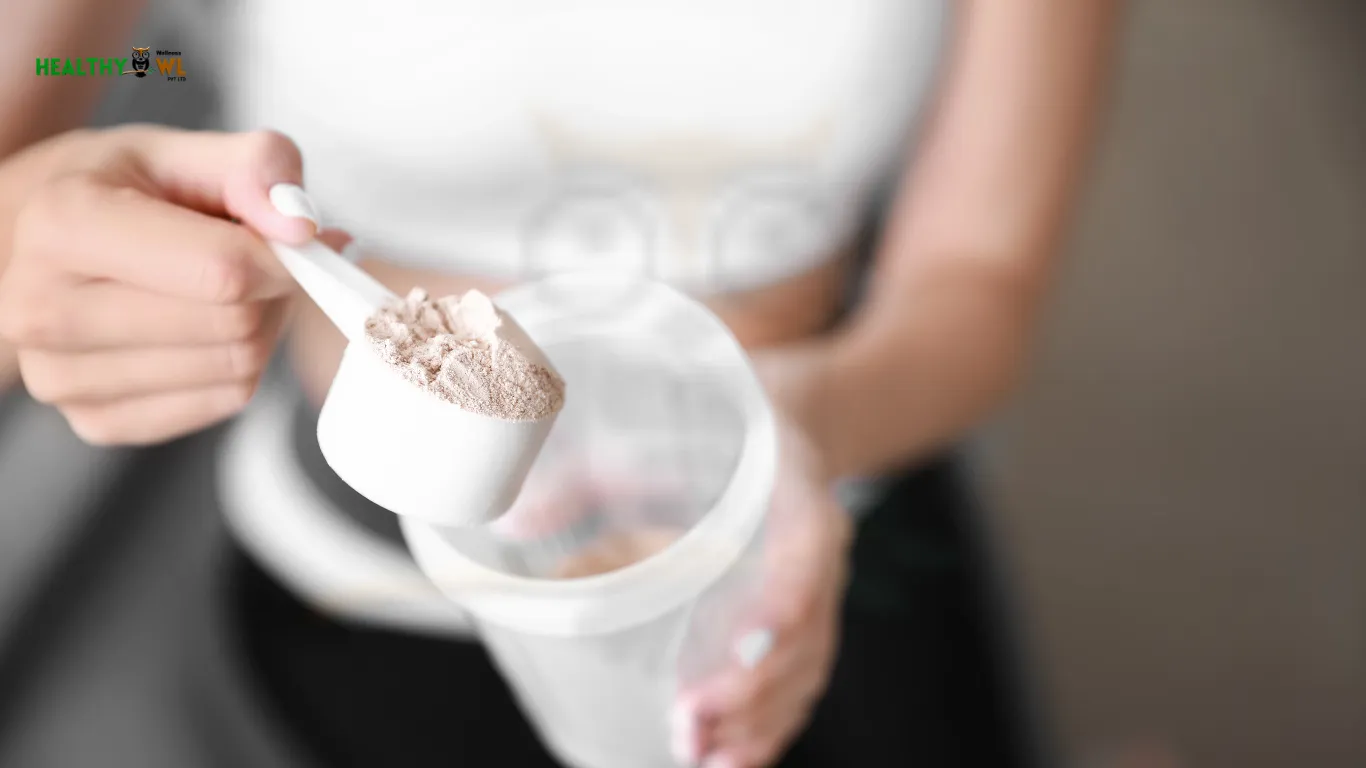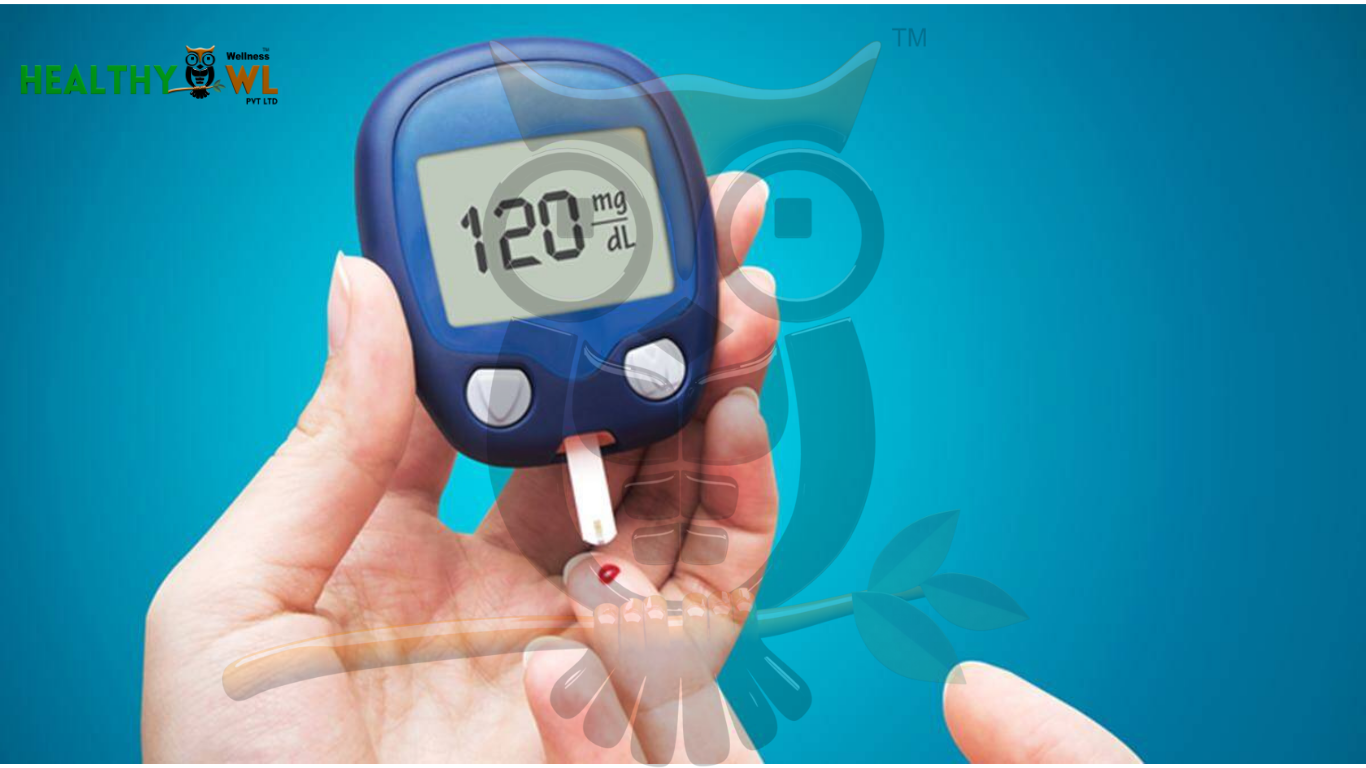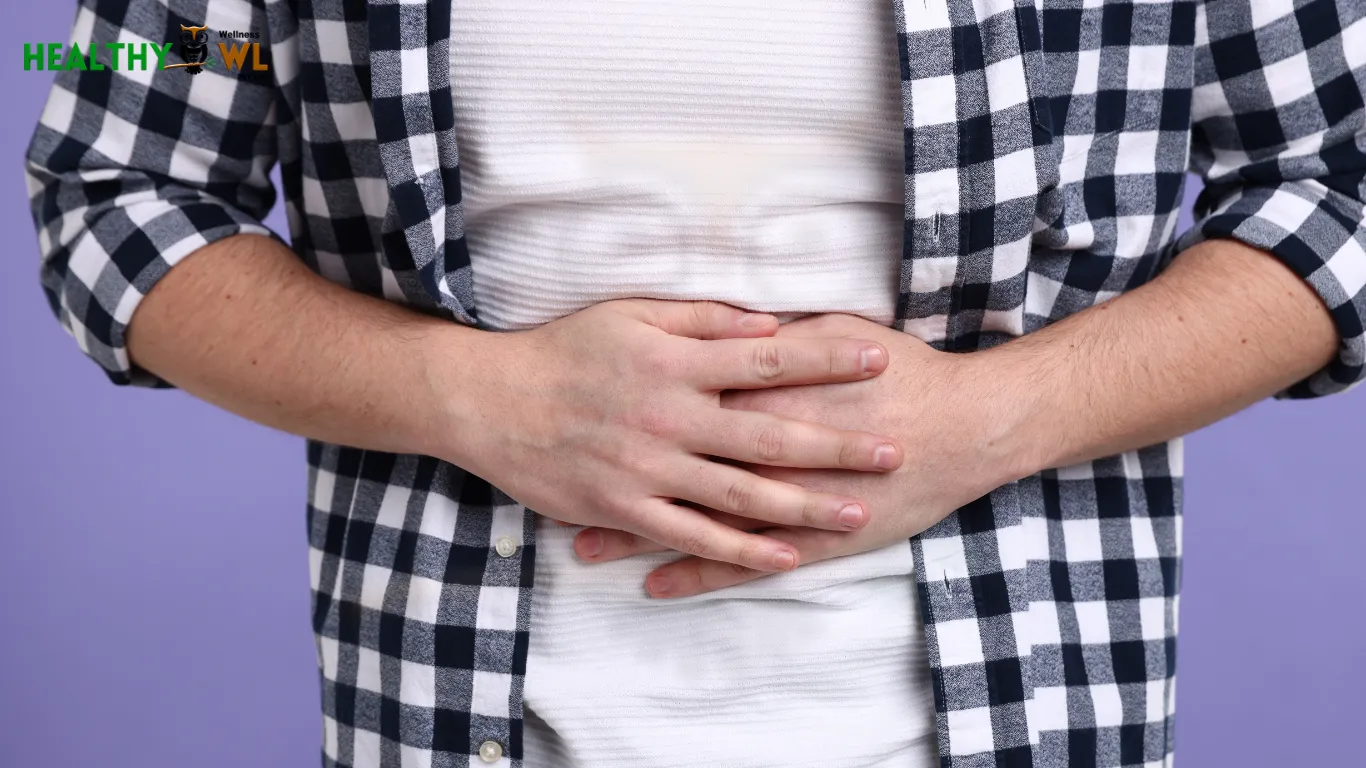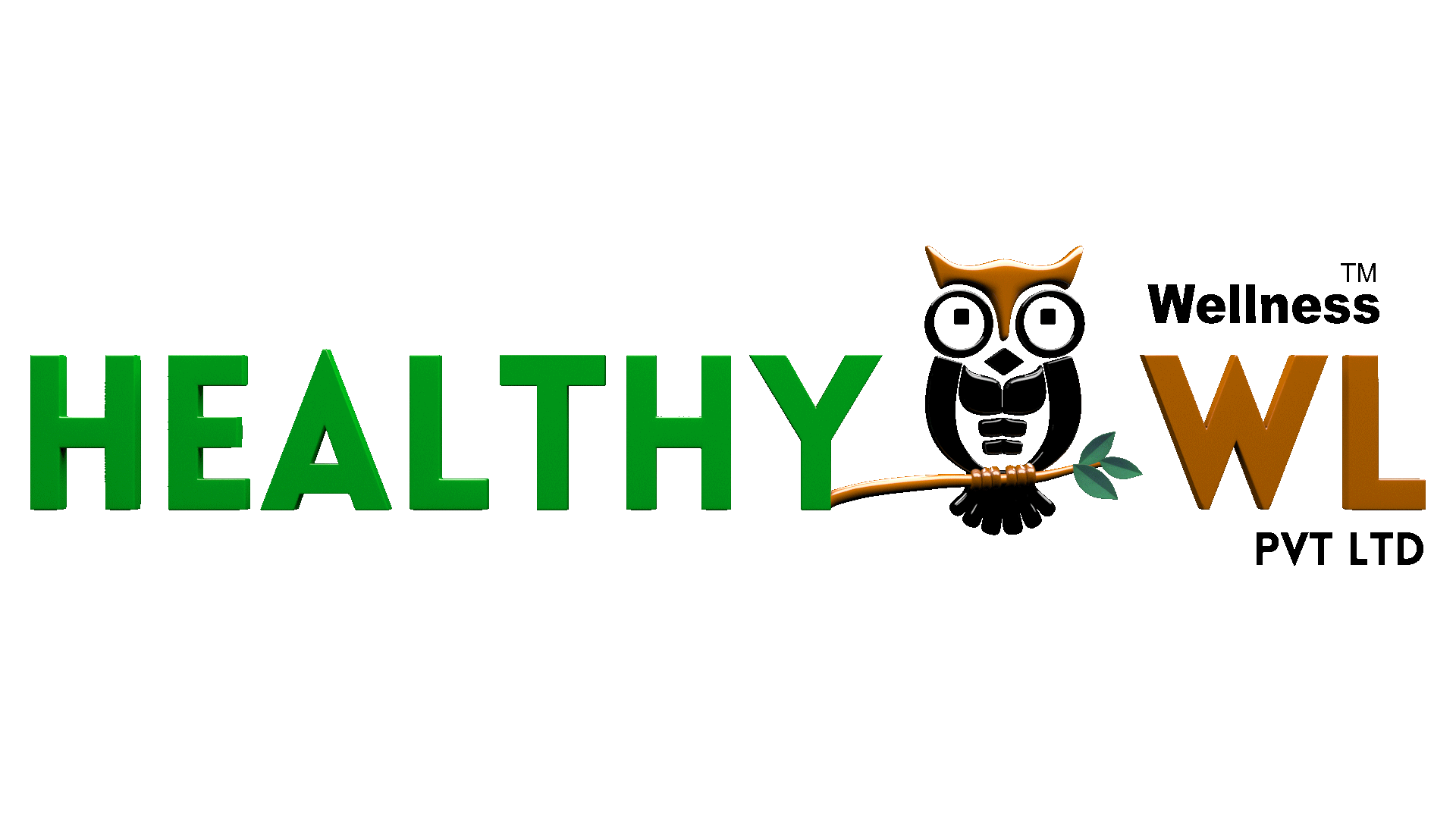Chikungunya might feel like a short-term viral infection, but the recovery phase often lasts longer than most people expect. Even after the fever disappears, the lingering symptoms—joint pain, stiffness, muscle weakness, low energy, and inflammation—can last for weeks or even months. This is where nutrition becomes your strongest medicine.
Food can help reduce inflammation, rebuild muscle strength, stabilise energy levels, repair tissues, and boost immunity so that your recovery feels smoother and faster.
In this detailed guide, you’ll discover exactly what to eat, what to avoid, and how to structure your day for optimal chikungunya recovery.
Hydration Comes First: Rebuild Electrolytes & Reduce Inflammation
Chikungunya leads to dehydration because of fever, sweating, reduced appetite, medications, and overall metabolic stress. Proper hydration helps:
- Reduce headaches
- Ease joint stiffness
- Improve digestion
- Flush toxins faster
- Replenish lost electrolytes
Best Hydration Choices for Chikungunya Recovery
- Coconut water – rich in potassium & natural electrolytes (excellent during weakness).
- Infused water with mint, lemon, ginger – reduces inflammation.
- Ajwain (carom seeds) water – helps with bloating, gas, and weak digestion.
- ORS (homemade or packaged) – for electrolyte support.
- Herbal teas like tulsi, chamomile, ginger, turmeric.
What to Avoid
- Cold beverages
- Packaged fruit juices
- Soda or energy drinks
- Excess caffeine
These may trigger inflammation or worsen dehydration.
Anti-Inflammatory Eating: Your Best Tool Against Joint Pain
Joint pain is the most painful and long-lasting symptom of chikungunya. An anti-inflammatory diet helps reduce swelling and oxidative stress.
Top Anti-Inflammatory Foods to Include
- Turmeric + black pepper (curcumin reduces inflammation)
- Ginger (natural pain reliever)
- Garlic (fights inflammation & infections)
- Omega-3-rich seeds – flaxseeds, chia seeds, walnuts
- Leafy greens – spinach, methi, moringa leaves
- Healthy fats – sesame seeds, mustard oil, ghee in small amounts
- Berries & citrus fruits – rich in antioxidants
Try This Anti-Inflammatory Morning Drink
Warm water + ½ tsp turmeric + pinch black pepper + 1 tsp honey.
Protein: Repair Muscles, Bones & Joints Faster
During the illness, appetite dips and your body uses stored protein for healing. After the infection, you must replenish protein stores to rebuild muscle strength and tissue repair.
Best Protein Sources
- Lentils, dal, chana, rajma
- Sprouts
- Tofu & paneer
- Greek yogurt
- Peanut butter
- Quinoa
- Milk, buttermilk
Why Protein Is Important Now
- Repairs joint tissues
- Reduces muscle weakness
- Supports immunity
- Boosts energy levels
Aim for 0.8–1 g protein per kg body weight daily.
Energy-Boosting Snacks to Fight Persistent Fatigue
Post-chikungunya fatigue is real because your body is still repairing inside. Instead of 3 large meals, go for small, balanced meals every 2–3 hours.
Smart Snacks for Quick Energy
- Dates + almonds energy bites
- Banana + peanut butter
- A handful of nuts and seeds
- Greek yogurt with berries
- Jowar or multigrain chilla
- Makhana with turmeric and ghee
These options give long-lasting, stable energy without spiking blood sugar.
Heal Your Gut: Strong Immunity Begins With the Stomach
During chikungunya, medicines, fever, and dehydration may weaken digestion and gut flora. A balanced gut helps improve energy, nutrient absorption, and immunity.
Include These Gut-Healing Foods
- Probiotics: curd, buttermilk, yogurt, fermented foods
- Prebiotics: bananas, onions, garlic, oats, asparagus
- Fiber-rich foods: fruits, vegetables, whole grains
Avoid very oily, spicy, or heavy meals during gut recovery.
Super Smoothies for Immunity, Hydration & Joint Health
Smoothies are an excellent choice during recovery because they:
- Require no heavy digestion
- Deliver nutrients quickly
- Provide hydration + antioxidants
- Boost energy
Smoothie Ideas
1. Green Recovery Smoothie
Spinach + kiwi + chia seeds + coconut water
2. Golden Anti-Inflammatory Smoothie
Pineapple + turmeric + ginger + yogurt
3. Protein-Powered Smoothie
Banana + peanut butter + oats + milk
Healing Spices That Reduce Pain & Boost Recovery
Your kitchen is full of natural medicine.
Must-Use Spices During Chikungunya Recovery
- Turmeric – anti-inflammatory
- Ginger – reduces pain
- Cloves – powerful antioxidants
- Cardamom – improves digestion
- Cinnamon – stabilises blood sugar
- Fennel seeds – relieves acidity & bloating
Use these in tea, soups, dals, and warm drinks.
What to Avoid During Recovery
Certain foods increase inflammation, worsen joint pain, or slow healing.
❌ Avoid These Until Fully Recovered
- Deep-fried food
- Red chilli & heavy spices
- Refined flour (maida)
- Too much sugar
- Soft drinks & packaged juices
- Very cold foods
- Processed snacks (chips, biscuits)
- Excess coffee
These can aggravate inflammation and delay joint recovery.
Rest, Sleep & Gentle Movement
Nutrition helps your recovery — but rest completes it.
✔ What You Should Do
- Sleep 7–9 hours
- Avoid heavy workouts
- Try gentle walking
- Do light stretching for joint stiffness
- Stay in a warm environment
Well-rested muscles and joints heal faster.
When to See a Doctor Immediately
Seek medical help if:
- Joint pain lasts more than 4–6 weeks
- Pain/swelling becomes severe
- Persistent vomiting or dehydration
- High fever returns
- Severe fatigue or dizziness
- Appetite remains very low
Early medical intervention prevents long-term complications like chronic chikungunya arthritis.
Conclusion
Recovering from Chikungunya is a journey, not a race. By embracing hydration, anti-inflammatory foods, proteins, and natural remedies, you can give your body the support it needs to bounce back fully. Each meal you eat can either weigh you down or lift you up—choose the foods that heal, energize, and refresh you.
Need personalized advice to fuel your recovery?
Healthy Owl Wellness is here to guide you every step of the way, offering nutrition plans tailored to boost recovery from illnesses like Chikungunya.
Need personalized advice to fuel your recovery?
Healthy Owl Wellness is here to guide you every step of the way, offering nutrition plans tailored to boost recovery from illnesses like Chikungunya.
Sources:
- National Center for Biotechnology Information (NCBI): Chikungunya Recovery
- Healthline
FAQs — Chikungunya Recovery Guide
Q1: How long does chikungunya weakness last?
Most people feel weak for 2–4 weeks, but some may experience fatigue for up to 2 months.
Q2: What should I eat to reduce joint pain?
Turmeric, ginger, walnuts, chia seeds, flaxseeds, leafy greens, and warm soups help reduce inflammation.
Q3: Can I drink milk during chikungunya recovery?
Yes. Warm milk with turmeric is beneficial unless you have digestive discomfort.
Q4: Is coconut water good during chikungunya?
Yes! It replenishes electrolytes and improves hydration.
Q5: Which fruits are best after chikungunya?
Papaya, oranges, berries, pomegranate, kiwi — all help boost immunity and fight inflammation.
Sources:
- National Center for Biotechnology Information (NCBI): Chikungunya Recovery
- Healthline
